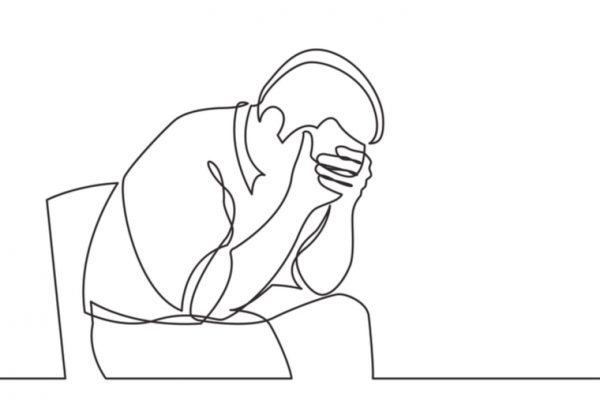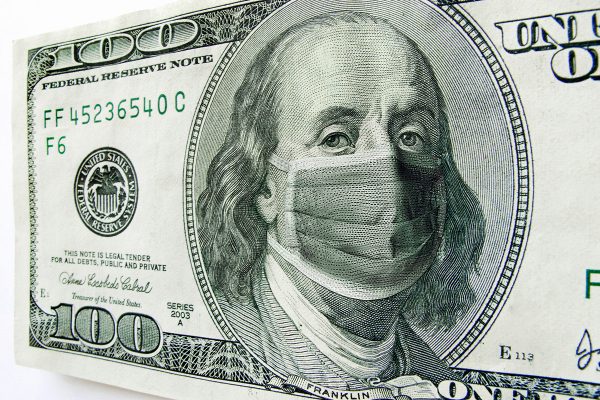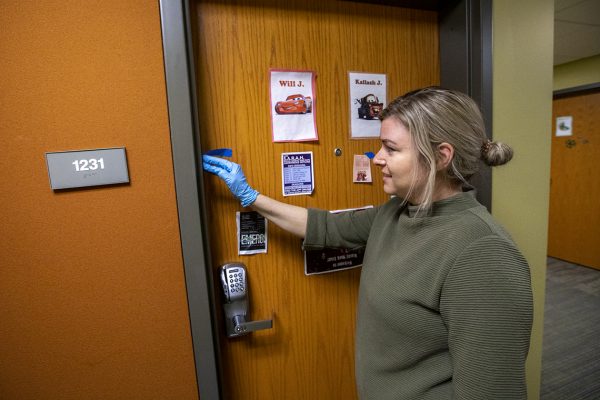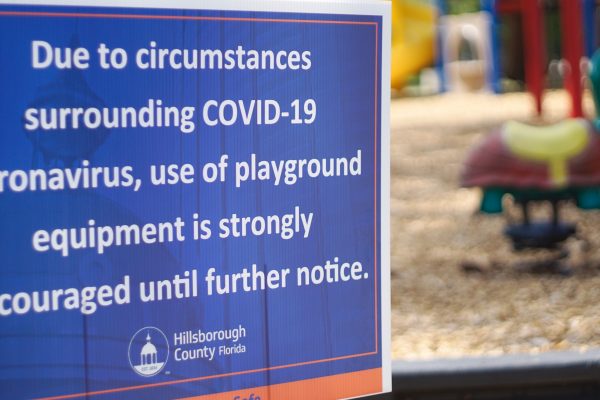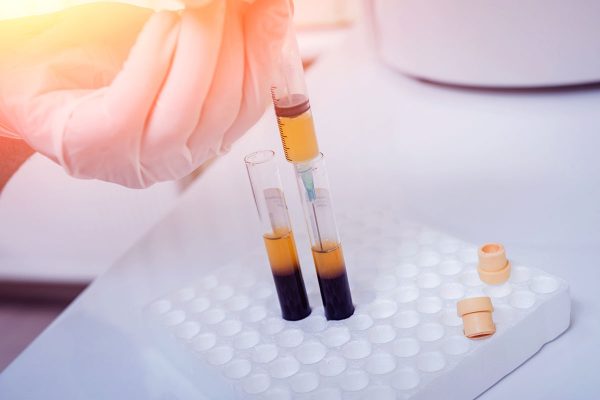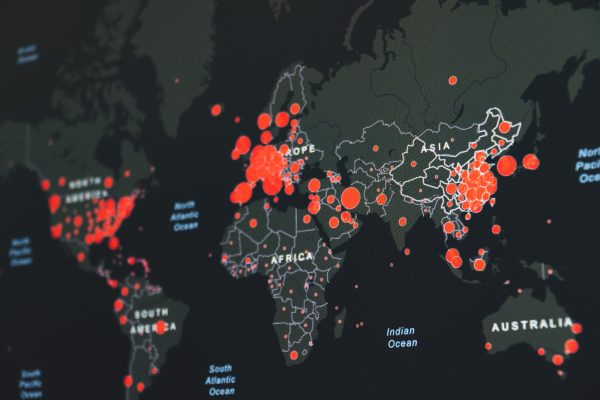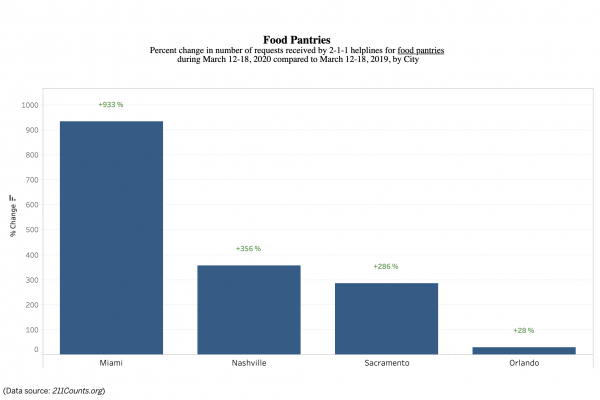WashU Expert: Grieving in the time of a pandemic
At a time when the world is focused on a global health pandemic, Brian Carpenter, a professor of psychological and brain sciences in Arts & Sciences at Washington University in St. Louis, says it may be difficult to grieve for and memorialize an individual. But we must.
Federal package ‘not enough’
The $2 trillion plan to prop up a pandemic-reeling United States, amid the news that there were 3.3 million unemployment claims lodged in the previous week, is expected to pass the House on March 27. An array of Washington University in St. Louis experts offer perspectives on the plan.
Weedy rice is unintended legacy of Green Revolution
Weedy rice is a feral form of rice that infests paddies worldwide and aggressively outcompetes cultivated varieties. A new study led by biologists at Washington University in St. Louis shows that weed populations have evolved multiple times from cultivated rice, and a strikingly high proportion of contemporary Asian weed strains can be traced to a few Green Revolution cultivars that were widely grown in the late 20th century.
Residential life staff, campus volunteers unite to pack student belongings
The task was as Herculean as it was heartbreaking: Pack and ship some 2,000 boxes of books, computers, medications and other essentials to Washington University students across the globe.
WashU Experts: Coronavirus challenges facing rural America
As the coronavirus spreads across the United States, larger cities, like New York and Seattle, are dealing with increasing numbers of infections and deaths daily. However, less populated rural areas are not immune from the disease, say two public health experts at Washington University in St. Louis, and controlling it in rural America presents a unique set of challenges.
Possible COVID-19 treatment: transfusion of antibodies from recovered patients’ blood
Researchers at Washington University School of Medicine in St. Louis and elsewhere are investigating whether transfusions of blood plasma from people who have recovered from COVID-19 can prevent or treat the disease. The approach was used with some success during the 1918 influenza pandemic.
Coronavirus crisis highlights need for health insurance in Missouri and other states
Tim McBride, the Bernard Becker Professor at Washington University in St. Louis’ Brown School and a leading health economist, said that the coronavirus outbreak will exacerbate problems in Missouri’s public health systems, which were already underfunded relative to most of the rest of the country, as well as issues facing low-income residents with challenges accessing medical care.
Working from home: Advice for managers and employees during the coronavirus pandemic
As businesses around the country are closing their doors and transitioning to remote work, Andrew Knight, a professor of organizational behavior at Washington University’s Olin Business School, said they should expect a period of adjustment as people develop new routines, norms and shared understandings about how work will progress through a new medium.
WashU Expert: Don’t overlook health equity during coronavirus crisis
We must consider this coronavirus crisis as a wake-up call to prioritize equity and challenge ourselves to consider how to better serve historically underserved communities, says a public health expert at Washington University in St. Louis.
Help line requests for food skyrocket as pandemic spreads
In the first week since COVID-19 was designated a pandemic, requests for food pantries skyrocketed across the United States. Requests for home-delivered meals more than tripled in the same time period, said a Brown School researcher who tracks calls to the national 2-1-1 helpline.
View More Stories
